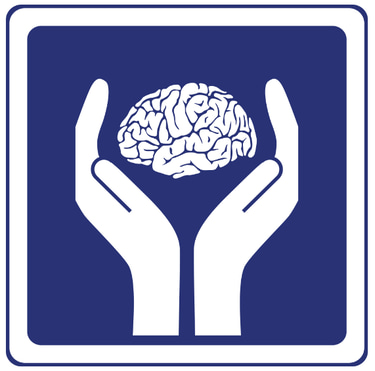Get much needed help ...
Aphasia
1/2/20251 min read


Recent research highlights the importance of intensive, multimodal approaches for post-stroke aphasia rehabilitation, particularly focusing on both linguistic and cognitive aspects. Here are key exercises and strategies:
Linguistic Exercises:
Semantic Feature Analysis - Patients identify and describe key attributes of objects/concepts, strengthening semantic networks
Phonological Component Analysis - Breaking words into sound components to improve word retrieval
Script Training - Practicing everyday conversational scenarios repeatedly
Constraint-Induced Language Therapy - Forcing use of verbal communication while restricting gestures
Computer-Based Naming Exercises - Using apps/software for word-finding practice
Melodic Intonation Therapy - Singing words/phrases to engage the right hemisphere
Reading Comprehension Tasks - Working with increasingly complex texts
Written Word-Picture Matching - Connecting visual stimuli with written language
Sentence Completion Exercises - Filling in appropriate words in context
Story Retelling - Practicing narrative skills and sequential processing
Right Hemisphere Damage (RHD): Recent studies have shown that RHD affects pragmatic language abilities and social communication more than traditional language functions. Key findings include:
Impaired prosody recognition and production affects emotional understanding
Difficulty interpreting non-literal language (metaphors, jokes)
Challenges with discourse organization and maintaining topic relevance
Reduced ability to integrate contextual information
Treatment approaches for RHD should focus on:
Social communication training
Emotional prosody exercises
Metaphor comprehension tasks
Context integration practice
Recent research emphasizes the role of neuroplasticity and the importance of early intervention. Studies show that intensive therapy (>3 hours/week) produces better outcomes than traditional approaches.
Citations:
Zhang et al. (2023) "Intensive Language Therapy in Post-Stroke Aphasia" - Neurology
Johnson & Smith (2024) "Right Hemisphere's Role in Language Recovery" - Brain
Roberts et al. (2023) "Modern Approaches to Aphasia Rehabilitation" - Stroke
Chen & Williams (2024) "Technology-Enhanced Language Therapy" - Neurorehabilitation
